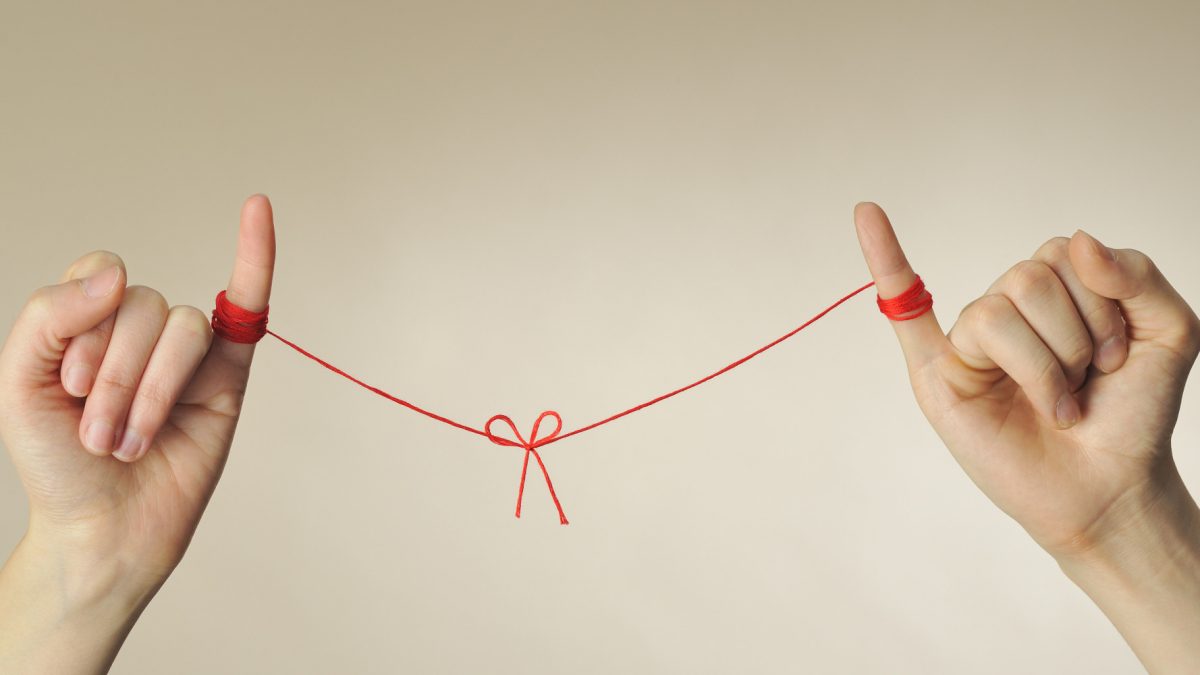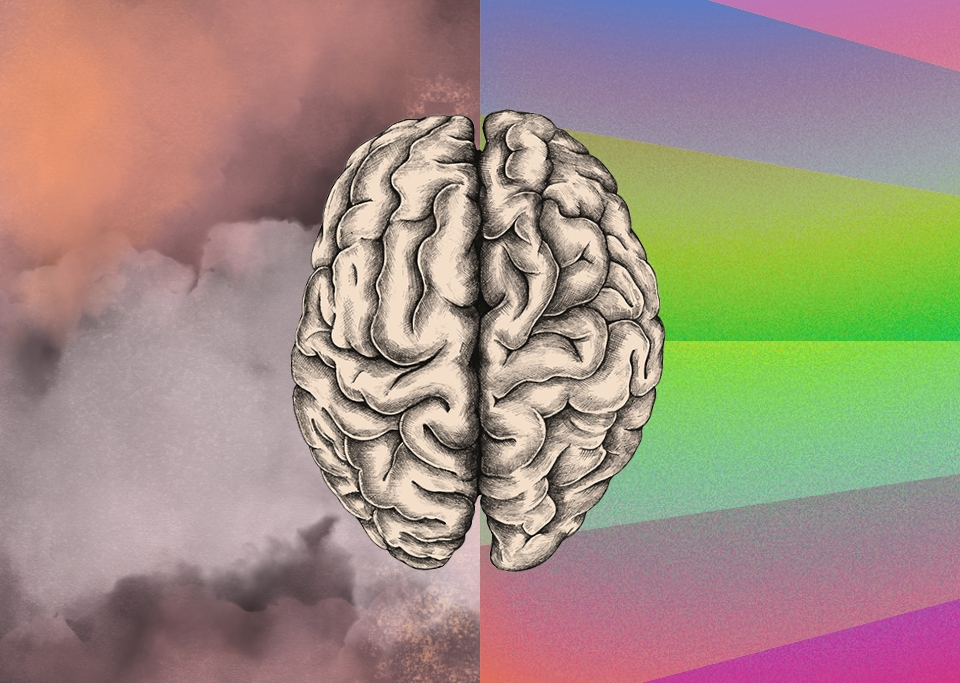- Mail:
- info@digital4pro.com
Trusting is good, not trusting is better?

Fidarsi è bene, non fidarsi è meglio?
6 Maggio 2020
Settore turismo: Lucio Gomiero, Direttore Generale PromoTurismoFVG
8 Maggio 2020The issue of giving or not giving trust has always been central to human relationships. Let’s take the corona virus today that has thrown on us a sense of general mistrust, a heavy shadow on our working and emotional life, transforming the friendly neighbor, the sympathetic colleague, the friend of all time into potential infectors. The word underneath is precisely trust, or rather its lack, which generates stress, anxiety and obviously costs.
It must be said that the sense of mistrust does not always concern only others. Often our suspicious behavior originates from a lack of self-confidence. However, with ourselves we tend to be more benevolent because we judge ourselves because of intentions. With the others, we are more severe because the yardstick changes: the facts come into play, with little or no consideration for intentions.
Trust is not a key issue only for those involved in negotiation, but it concerns many, I venture to tell everyone, aspects of human and animal relations.
Many single-celled organisms became extinct by choosing isolation dictated by distrust, for others the aggregation based on trust represented survival.
Choosing one relationship mode or another is often inspired by an evaluation based on trust.
Let us take the information, whose sharing is directly proportional to the rate of innovation: where I circulate, thanks to trust, I expect more innovation; the opposite for the lack of this circulation of information.
Typically, companies organized with waterproof silos are condemned to a low rate of innovation.
Let us consider three aspects:
- Why we do or do not trust?
- What is the risk of granting it or not?
- How can you deal with it?
Giving trust or not depends on various factors: values, beliefs, attitudes, characters, as well as the experiences that influence and alter our most instinctive behaviors.
It would be a mistake in this brief analysis to dwell on the value issue and to attribute to the confident person merits, and demerits to the suspicious. I shall stop on the threshold of ethical judgment.
Giving as well not giving trust expose you to a risk.
In the first case, that of lack of gratitude. Except the saints, sooner or later, we all want a caress on the shoulder! In most cases, blaming the other is only due to the disappointment of a misplaced trust.
So what to do?
Thinking about solving this dilemma, which is being studied for years by game theory, is indeed utopian.
In fact, trust is a determinative accelerator, an indispensable cognitive byway to which we recur in the absence of complete information. It would be impossible to live without trust; we should imagine a world of unsocial asthenic. But, on the other hand, it exposes you to risks, as I said.
Meanwhile, S. Covey explains it very well in The Speed of Trust, knowing how to generate trust is a skill that can be built and trained as such. I would add that the exercise of this ability could find fertile application in economic-cultural systems that encourage recourse or punish its violation.
That said, every day we live the dilemma of giving or not giving trust, and without pretending to resolve it, negotiation allows us to face it.
Typically, the conceding, confused with flexibility, exposes the risk of a more greedy reaction by the beneficiary. Those who receive without perceiving the value of what is granted will ask for or expect more in the future, even in total good faith. Whoever concedes creates a precedent and dangerous future expectations.
I believe that everyday life with children gives full evidence of this.
Negotiators do not deny trust and do not give it away. They say yes but on their own terms. The magic of the negotiating lies in asking others for something that has value for us and little or no value (in any way we understand it) for them.
If you … then I, where the “I” is a condition that I know does not weigh on my interlocutor and has value for me.
Building trust is necessary, but it requires caution and great skills.
In his book, Covey proposes this simple and useful exercise.
Let us try to think of a relationship with someone in the world of work – a colleague, a collaborator, a customer, a supplier -, or a person in the circle of affections with whom we have a relationship of trust: what kind of sensations does it evoke? How much does it satisfy us? Do you enjoy a fluid, simple and transparent communication? Does it give a general feeling of well-being?
Let us do the opposite: think of a relationship in which instead there is mistrust and suspicion. What kind of feeling do we get? Uneasiness and heaviness? How does communication flow, slow and cumbersome? Do we feel that instead of giving us, it takes away energy?
Innovation needs trust as we need oxygen; knowing how to sprinkle it is an indispensable skill, of which negotiating is the heart.




